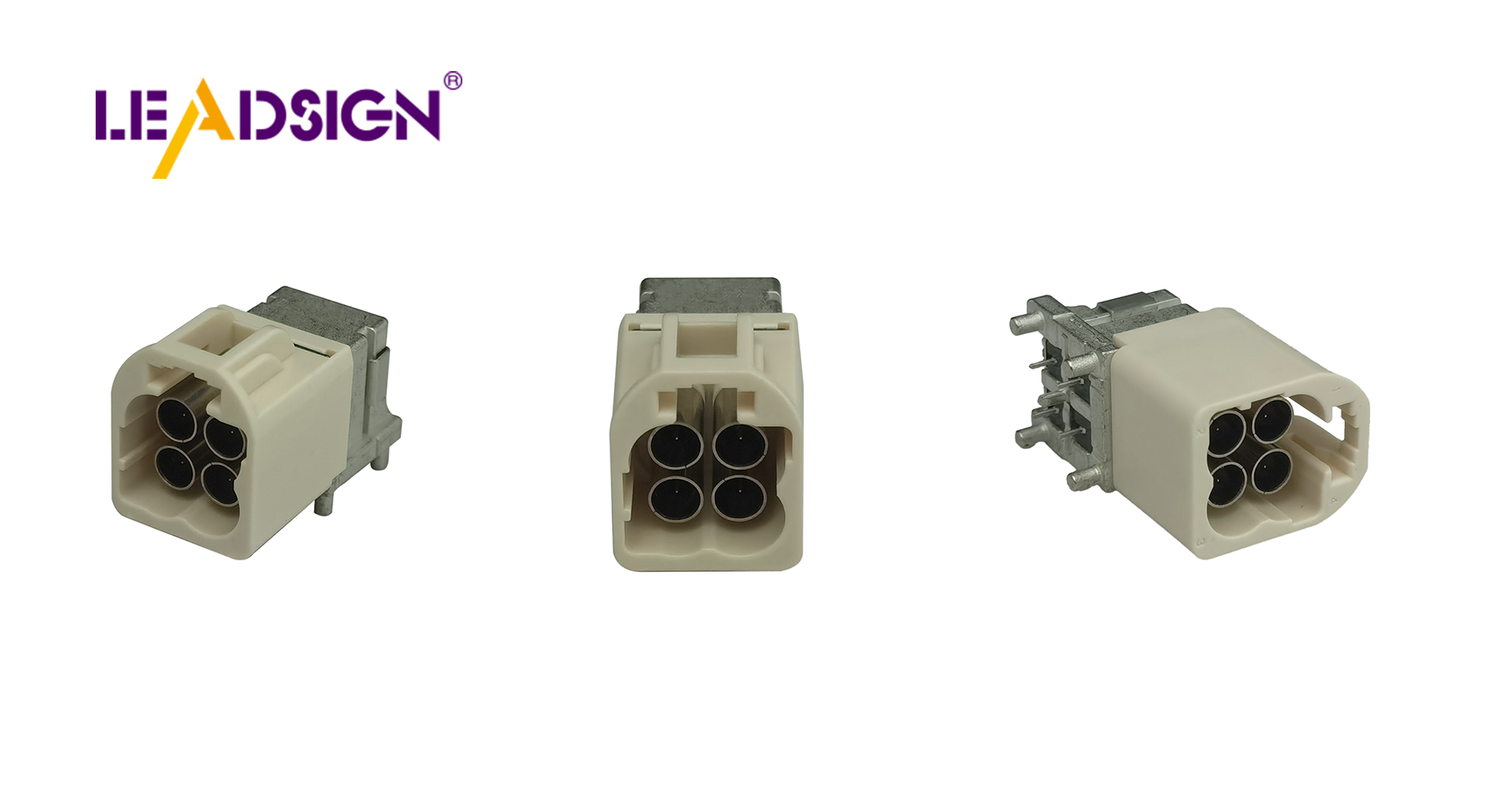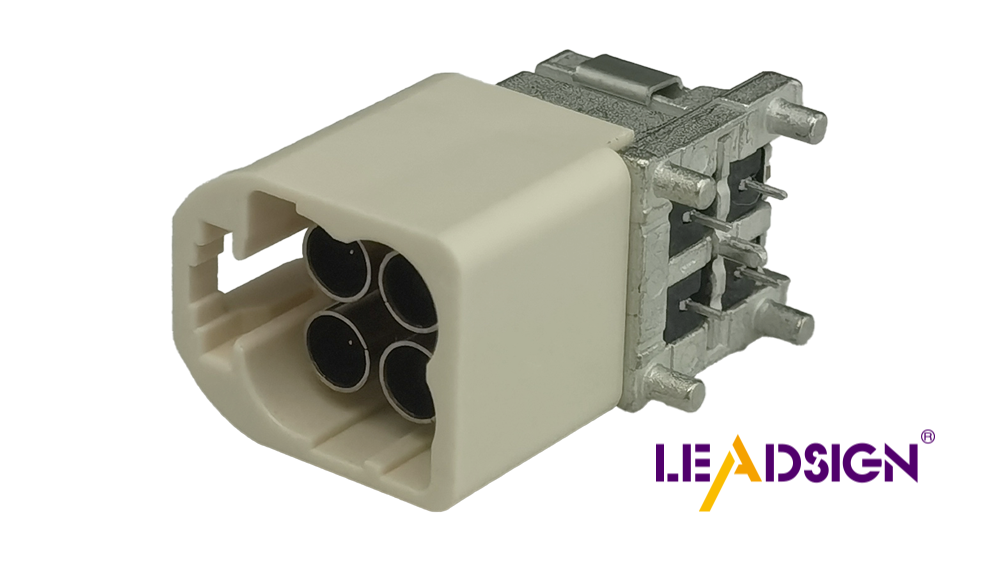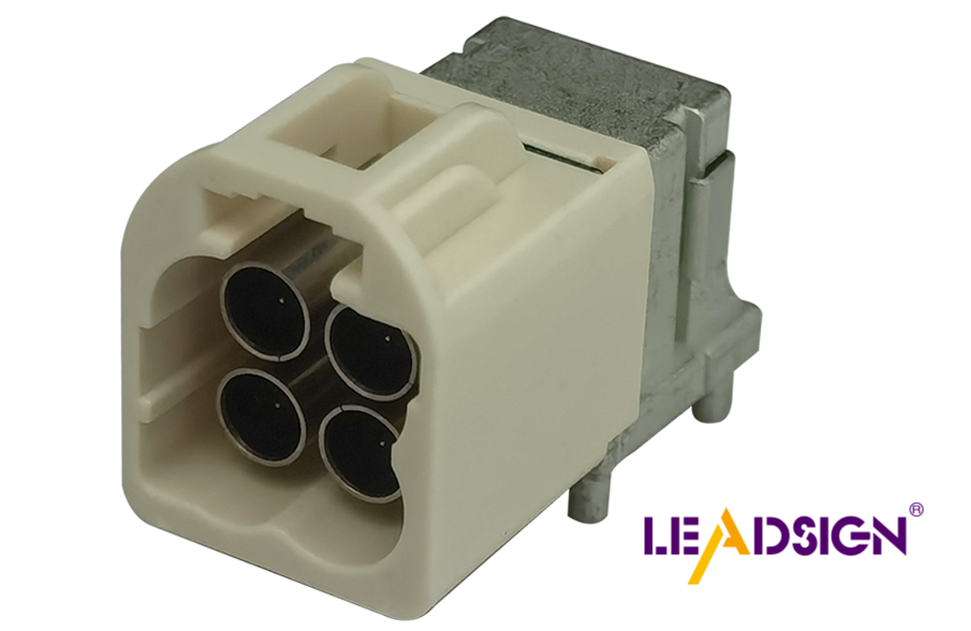Master Automotive Electrical Connectors Types Today

Automotive electrical connectors are crucial for your vehicle, facilitating the smooth transfer of power and signals between components. These connectors act as bridges, enabling communication between various systems. Using the appropriate automotive electrical connectors types ensures longer-lasting repairs and prevents breakdowns. High-quality connectors, particularly OEM ones, withstand harsh conditions effectively, reducing risks such as corrosion or failure. Selecting the right automotive electrical connectors types is essential for maintaining your vehicle's safety and functionality, as well as preventing hazards like electrical fires.
Understanding Automotive Electrical Connectors Types

General Overview of Automotive Electrical Connectors Types
Definition and Purpose
Car connectors are very important parts. They help power and signals move between systems. These connectors keep your car working well by making sure connections stay strong. Without them, your car's electrical parts might not talk to each other right, causing problems.
Importance in Vehicle Systems
In cars, these connectors are key players. They make sure power and signals go smoothly through the car. This smooth flow is crucial for your car to work well. Using the right connectors keeps your car safe and working properly. They also stop dangers like electrical fires from bad connections.
Common Automotive Electrical Connectors Types
Pigtail Connectors
Pigtail connectors are often used in cars. They have a short wire with a connector on it. You use them to join two wires safely. They're good for extending wires or fixing broken ones. Their design makes them easy to install and dependable.
Terminal Blocks
Terminal blocks let you connect many wires easily. They have spots where you can attach wires without soldering them together. This makes them great for tricky wiring jobs. Terminal blocks keep connections firm, even when there's lots of shaking, like in cars.
Bullet Connectors
Bullet connectors are round and simple to use for joining wires quickly. They're handy when you need to unplug and plug wires back in often. Their shape makes sure they fit tightly, keeping connections steady. They're used a lot in car lights.
Scotch Locks
Scotch locks let you join wires without taking off their cover first. You just put the wires in the lock and close it tight. This makes quick fixes or changes easy to do fast. Scotch locks help when you want to add a wire without cutting into it.
Advanced Connector Systems

In cars, new connectors like Mini FAKRA and HFM change how data moves. They help cars work better and faster.
Mini FAKRA Connectors
Mini FAKRA connectors are special because they do a lot.
Fast Data Moving
Mini FAKRA connectors move data very fast. They can send up to 28 Gbps. This speed helps car parts talk quickly, making the car run well.
Small Size
Mini FAKRA connectors are tiny, saving space in cars. Their small size lets you fit more things in tight spots. This is great for modern cars where space is limited.
Good Price
Even with cool features, Mini FAKRA connectors are not expensive. They give good performance without costing too much, making them a smart buy for upgrades.
HFM Systems
HFM systems are another big step in car connectors with special uses.
Features and Benefits
HFM systems have many good points. They handle up to 20 GHz frequencies for strong communication in cars. Their design makes them easy to use and change for different needs. They're tough and last long even in rough conditions.
Uses in New Cars
In new cars, HFM systems help with things like self-driving and music systems. They let sensors and controls talk smoothly, keeping the car safe and working well. Using HFM systems boosts your car's ability to do hard tasks better.
Knowing about these new car connectors helps you pick the right ones for upgrades. Whether it's Mini FAKRA or HFM, these connectors give the needed power and trust for today's tough car jobs.
Importance of OEM Connectors and Maintenance
Risks of Using Non-OEM Connectors
Picking the right connectors is key for your car. Non-OEM ones may seem cheap but have big risks.
Overheating
Non-OEM connectors aren't as good as OEM ones. They can overheat. This might harm your car's wires. Overheating could melt wires or start fires. Using OEM connectors stops these dangers.
Failure
Failure is another risk with non-OEM connectors. They might not fit well or handle car shakes. Bad fit can make connections loose. Loose connections mess up electricity flow, causing problems in systems. OEM connectors ensure they last and work well.
Proper Maintenance Practices
Taking care of your car's connectors is important for them to work best.
Regular Inspections
Check your connectors often for wear or damage signs. Look for rust, loose spots, or breaks. Finding problems early helps fix them before they get worse.
Cleaning and Replacement
Clean your connectors to keep them working right. Dirt can build up and cause issues. Use a soft brush to clean gently. Replace any broken parts you find during checks.
Knowing why OEM connectors matter and keeping them maintained boosts safety and performance.
Automotive electrical connectors are key for your car's reliability. They help power and signals move smoothly, which is important for the car to work well. When picking connectors, think about quality, fit, and how long they last. Good connectors stop problems like getting too hot or breaking down. This keeps your car safe and working right.
Remember: Picking the right connector can save money on repairs and make your car run better. Always choose connectors known for being reliable with today's car tech.
See Also
Exploring HSD Connectors in the Automotive Sector
Significance of Fakra Connectors in Contemporary Cars
Benefits of HFM Connectors in Automotive Applications

